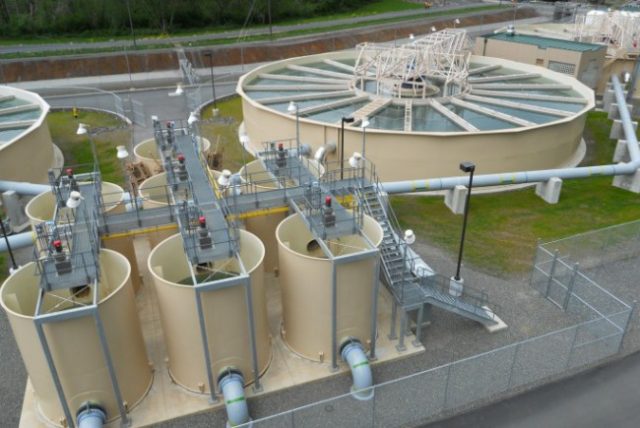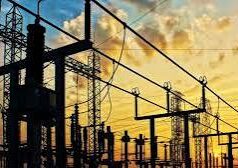
Three medical practitioners on Thursday urged the Federal Government to invest more in infrastructure, in order to provide safe drinking water for its citizens.
They spoke to journalists in Lagos, in commemoration of the International World Water Day (IWWD) marked annually on March 22.
The 2018 theme: “Nature for Water’’ explores how the world can use nature to overcome the water challenges of the 21st century.
A Family Planning Physician, Oluwajimi Shodipo, identified global warming as a major challenge that affected safe drinking water, especially in developing countries.
Shodipo, a consultant at the Lagos State University Teaching Hospital (LASUTH), Ikeja, said that due to global warming occurring, there have been periods of drought and excessive rainfall.
“As a result of this, you do not have uniform supply of water all year round.
“This has now created challenges especially for very big cities where you have a large population and poor water infrastructure in terms of water delivery systems to different homes.
“So, people rely mostly on concepts such as boreholes or having water impounded somewhere, then people go to take out of that water and supply it.“It is a big challenge, “ he said.
The consultant physician said that the solutions to the problem of supply and safe drinking water include improving water supply, ensuring that it was actually safe and dealing with wastage.
He said that the Lagos State Government had taken steps to revamp its water treatment plants where there was large amount of water that could be distributed to homes.
Shodipo, however, said that the distribution networks posed a huge challenge as most of the networks were obsolete and had used different piping that were not safe.
“A lot needs to be done in that area by the government through making large investment in infrastructure to be able to cater for that.
“Secondly, there is need for homes to reduce the concept of boreholes, because in the long run it depletes the water deposits available which may affect supply.
“Also, the issue of water wastage should be addressed; water should be used appropriately.
“Finally, unsafe water results in water borne diseases,’’ he said.
Also, the Head, Pharmacy Department, LASUTH, Henry Chukwurah, said that it was the responsibility of the government to provide safe drinking water for the people.
“The way forward is to go back to the era where water is being treated and not the era of boreholes that has leakages from the septic tanks.
“There is need for the country to have a standard template to address the issue of safe drinking water to take care of the water-borne diseases that have been ravaging the society,’’ Chukwurah said.
In her remarks, the Director of Pharmaceutical Services, Lagos State Ministry of Health, Moyosore Adejumo, said that the state had a fully equipped, funded and quality controlled laboratory.
Adejumo said :“The laboratory is responsible for testing water, chemicals, processed foods that are in circulation in the state.
“It is a funded and budgeted project; there is no other state that has this kind of support for its residents to ensure that water that is safe and good quality is in circulation.’’
Earlier, the United Nations Children’s Fund (UNICEF), said that access to safe drinking water remains a challenge to majority of Nigerians, especially those living in the rural areas.
The body in statement by its Communications Specialist in Abuja, Eva Hinds, revealed that about 40 per cent of households and about 69 million people did not have access to clean water sources.











